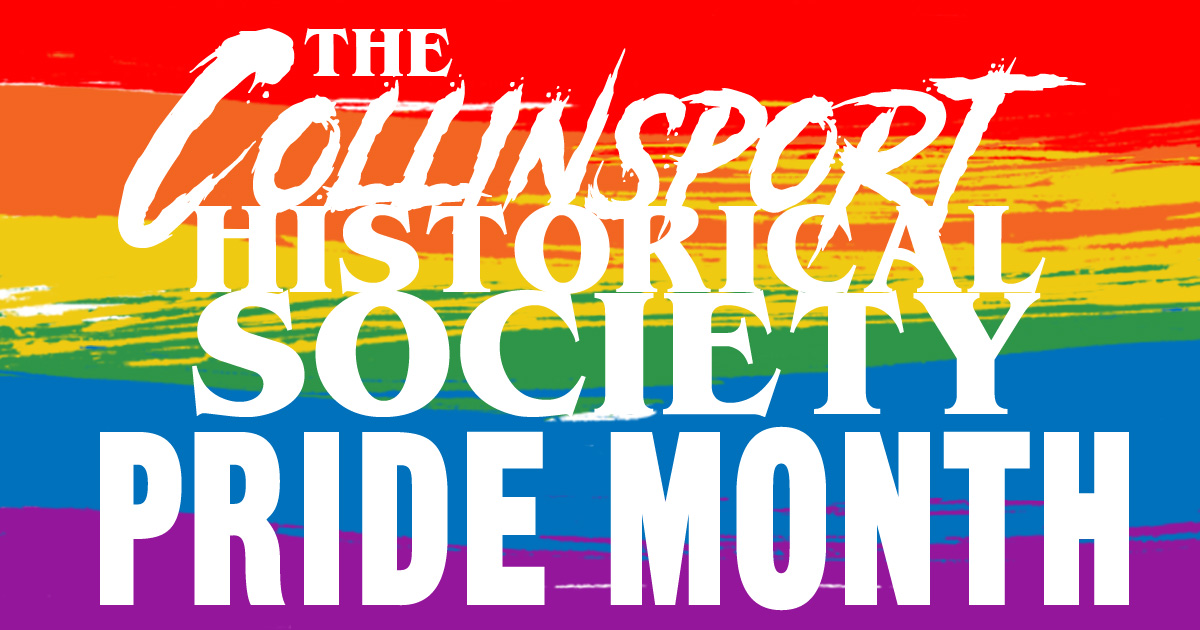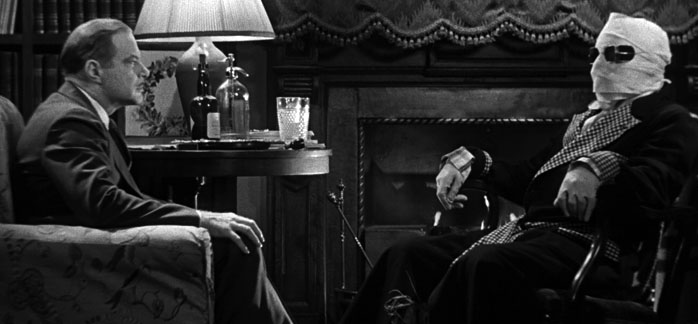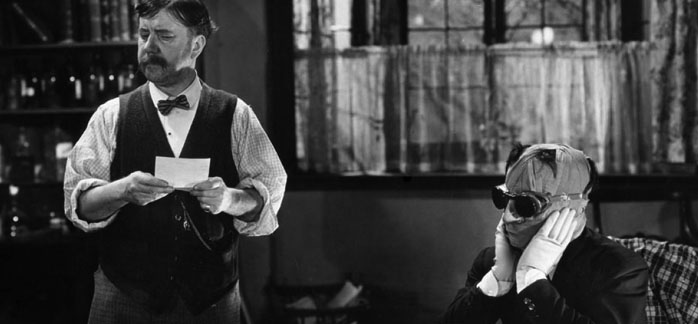By BROOKE PERRIN
Growing up in a town of less than 2,000 people in rural Montana, I never encountered anyone I knew to be gay. It was never discussed and thus did not exist. Even before I realized I was gay, I was an outcast in school. I had nothing in common with most kids my age. My classmates loved football and snowboarding, while I sat in the corner reading Macbeth. I wanted the lead in the school play, not to be head cheerleader. I spent most of my adolescence shroud in black hoping my creepy exterior would repel my fellow classmates. I wasn’t out of the closet by any stretch, even to myself, but was still routinely called “faggot” and singled out for not conforming to the crowd. As Alice Collins mentioned in her column, the arts tend to be common ground for LGBT kids. We often find they are safe havens for us as we struggle to survive high school and beyond. We are allowed to explore our true selves through embodying others on stage or channeling our emotions through art and music. In addition to falling in love with theatre, in high school I also became enamored with the horror genre. Since then I’ve realized a passion for horror is common amongst much of the queer community. As a young girl I cried with Frankenstein’s creature as he was shunned by society while he so hopelessly tried to belong. I was in awe of Carrie White as she burned the school gym to the ground and wrought vengeance on her cruel classmates. Watching these films was deeply cathartic for me. I discovered Dark Shadows in my early twenties, just as I was coming to terms with my sexuality. I felt a connection to Barnabas Collins, the reluctant vampire who wanted so desperately to be human. These feelings of being ostracized run throughout much of the horror genre and strike a chord with me and the LBGT community at large.
As I delved deeper into the Dark Shadows fandom, I learned many of the actors who appeared on the show were queer. Unfortunately they lived in a more conservative and closeted time, when identifying as gay was still considered radical. It was also dangerous and could mean the end of an actor’s professional career. We will never know for sure how Jonathan Frid, Louis Edmonds, or Joel Crothers would have chosen to identify in today’s more accepting society, but what we do know is they too were misunderstood outcasts in a straight world. Although I’ve moved on from the conservative rural life and found love and acceptance identifying as a lesbian, I have also learned the heteronormative community I grew up in still exists in every sphere, including the internet. A small but vocal portion of the Dark Shadows fandom cling to their conservative ideologies that love may only exist between a man and a woman. If youbreathe a word suggesting the beloved Jonathan Frid may have been romantically involved with men they will be on you like blood on fangs. These fans time and again sing the refrain they “don’t care what adults do in the bedroom as long as they don’t have to hear about it.” Initially this makes many queer fans such as myself reluctant or even fearful to share their views online. Gratefully we have many spaces, including CHS, where queer fans can feel safe from bigotry.
In addition to the backlash fans receive for celebrating the queerness of the talent involved in creating Dark Shadows, queer fans are also criticized by our straight counterparts for daring to see ourselves reflected in “their” characters. Although queer representation is making leaps and bounds today historically, the LGBTQ community have little to no representation in the media we consume. To find ourselves represented we have to read between the lines. Recently I saw a comment accusing queer fans of “appropriating Dark Shadows to push their agenda.” For instance one of my favorite plot lines on Dark Shadows is 1970 Parallel Time. This timeline more or less mirrors the plot of the classic gothic novel Rebecca. The main reason I love this story is that it brings my two favorite characters together. Julia takes on the Mrs. Danvers role while Angelique serves as the mysterious deceased wife Rebecca. Danvers has become a lesbian icon in popular culture due to her homoerotic devotion to the dead mistress of Manderley. What makes the storyline on Dark Shadows even more fun than the novel is here Rebecca rises from the grave and the two women are allowed to plot and scheme against the master of the house’s new bride. The knowing and flirtatious glances Hoffman and Alexis exchange when she ‘“arrives from abroad” betray something deeper than the mere professional relationship between a mistress and her maid. Will some of the Dark Shadows fandom take issue with my interpretation of their relationship as sexual? Absolutely. Does this make my interpretation any less valid? Not for a second.
Dark Shadows has attracted a large queer fanbase over the five decades since it first aired. I truly believe on an instinctual level the LGBT community recognizes art that has been touched by our kind. Is this what draws us to the early horror films of James Whale or to Dark Shadows? I like to think so. What I love most during pride month is our visibility amongst thefandom. It brings me great joy to be reminded we are many and outnumber the bigots we often encounter on Facebook and elsewhere. I am so grateful for the wonderful people I have met and the queer friends I’ve made through the Dark Shadows community. Let us always remember we are many and our thoughts and feelings are valid. I know the many queers who have contributed to Dark Shadows over the years are looking down on us today, proud of the legacy we have created together. Happy Pride!




